Program
HAN’s part-time Master in Molecular Life Sciences teaches you how to apply scientific research to the development of products. For example, for the pharmaceutical industry or biotechnology. You learn about topics such as immunology and vaccine, drug and diagnostic test development.

The program in a nutshell
The part-time Master in Molecular Life Sciences program combines a theory program with learning at your own workplace. You will have assignments and assessments in both worlds. You have classes 1 day a week. There'll be one week in the semester where you have classes for 2 to 3 days. Course days can partially be joined online. You also learn by independently working on your assignments, and apply your new skills at your own workplace. The study load is about 20 hours per week in addition to the development at your own workplace, and you can earn a total of 120 ECTS credits.
The program takes between 2 and 4 years to complete. The actual duration depends on how efficiently you can integrate the study into your work and personal life. If you can integrate the study efficiently in your work and personal life, you can complete it within 2 years. If spreading the study load over a longer time fits better for you, 3 to even 4 years might be more realistic.
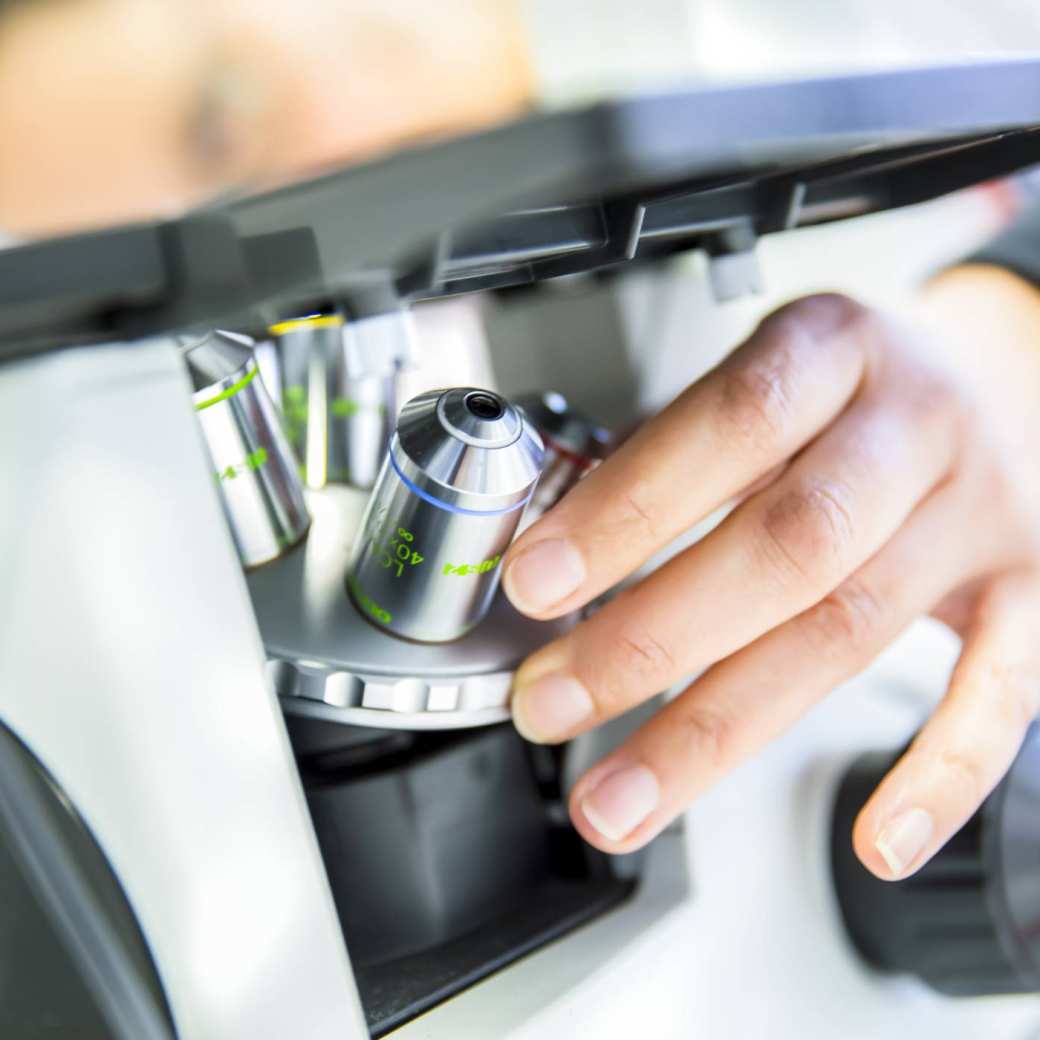
Molecular Life Sciences in a nutshell
Molecular Life Sciences is a challenging 2-year program in full-time. It consists of 6 modules and includes an extensive internship.
Modules 1-3 cover all the different aspects of applied research and product development in the biotechnology sector. Modules 4-6 focus on research and managing projects. These form part of your internship. During this internship, you learn to take scientific and project management responsibilities of your own project. To achieve this level of independence, you need to have good practical skills and experience in research from the beginning.
In the first 1.5 years you work as an intern for 3 days a week. Next to that you attend classes 1 day a week (Mondays during working hours) and study 1 day a week by yourself. In the final half year, your internship increases to 5 days a week.
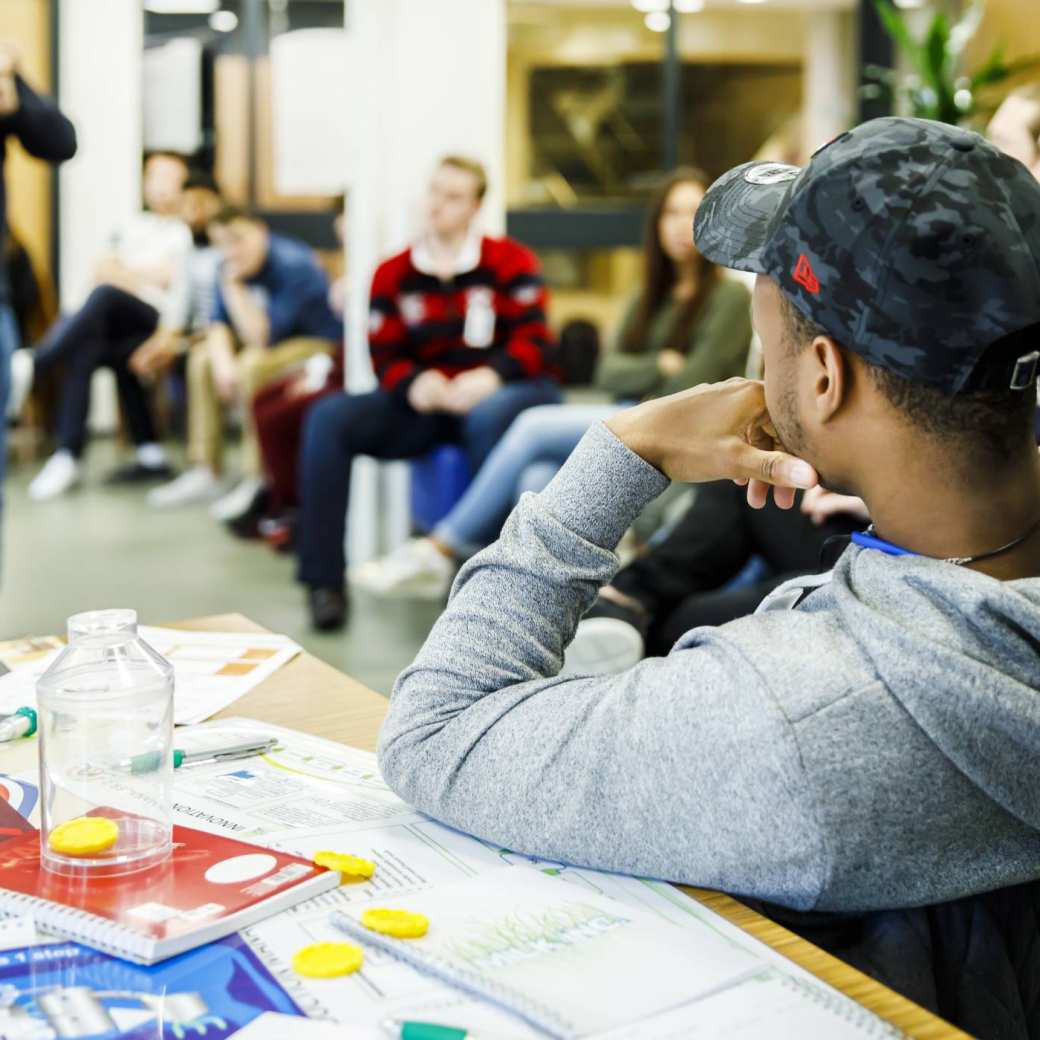
Internship
How do you find an internship? In general, prospective students find their internship with support by the education program.
Examples of organisations where master students had their internship are: MSD, Future Diagnostics, Miltenyi Biotec (Germany), Janssen Pharmaceutica (Belgium), Bio base Europe Pilot Plant (Belgium), Byondis, Keygene, Glycostem, Enzyre, Radboudumc or the Dutch Cancer Institute.
Internship positions in combination with iGEM competition available
HAN offers three internship positions for very ambitious students interested in synthetic biology from the academic year of 2025 until 2027. These internships at HAN BioCentre are combined with participations in the international renown iGEM competition. Would you like to know more details? Contact us via e-mail at master.mls@han.nl.
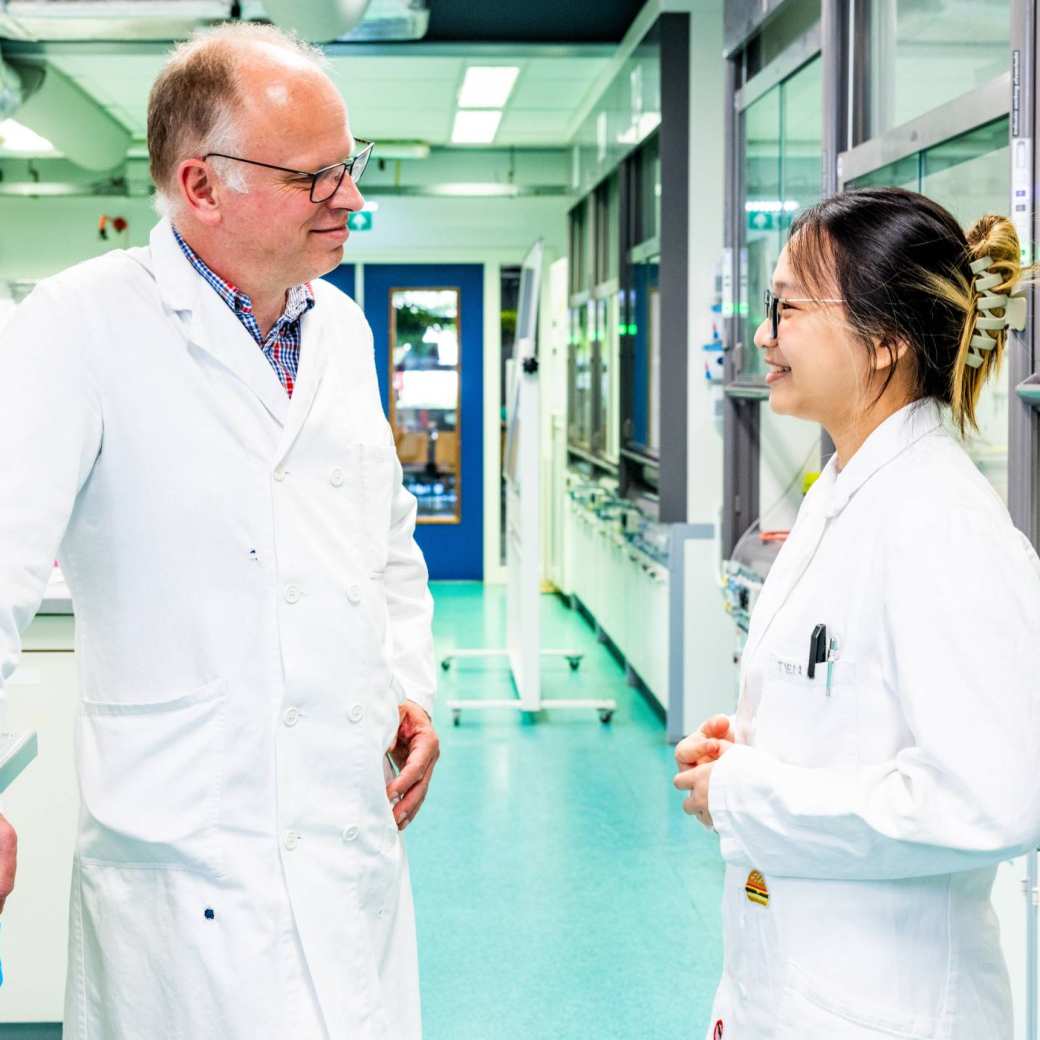
The modules
The program consists of 6 modules: 3 theory modules, and 3 modules you carry out in your own professional practice in R&D in life sciences. Already have a lot of work experience? Then it might be easier for you to complete the modules in the context of your work. Arrange a meeting and discuss your situation.
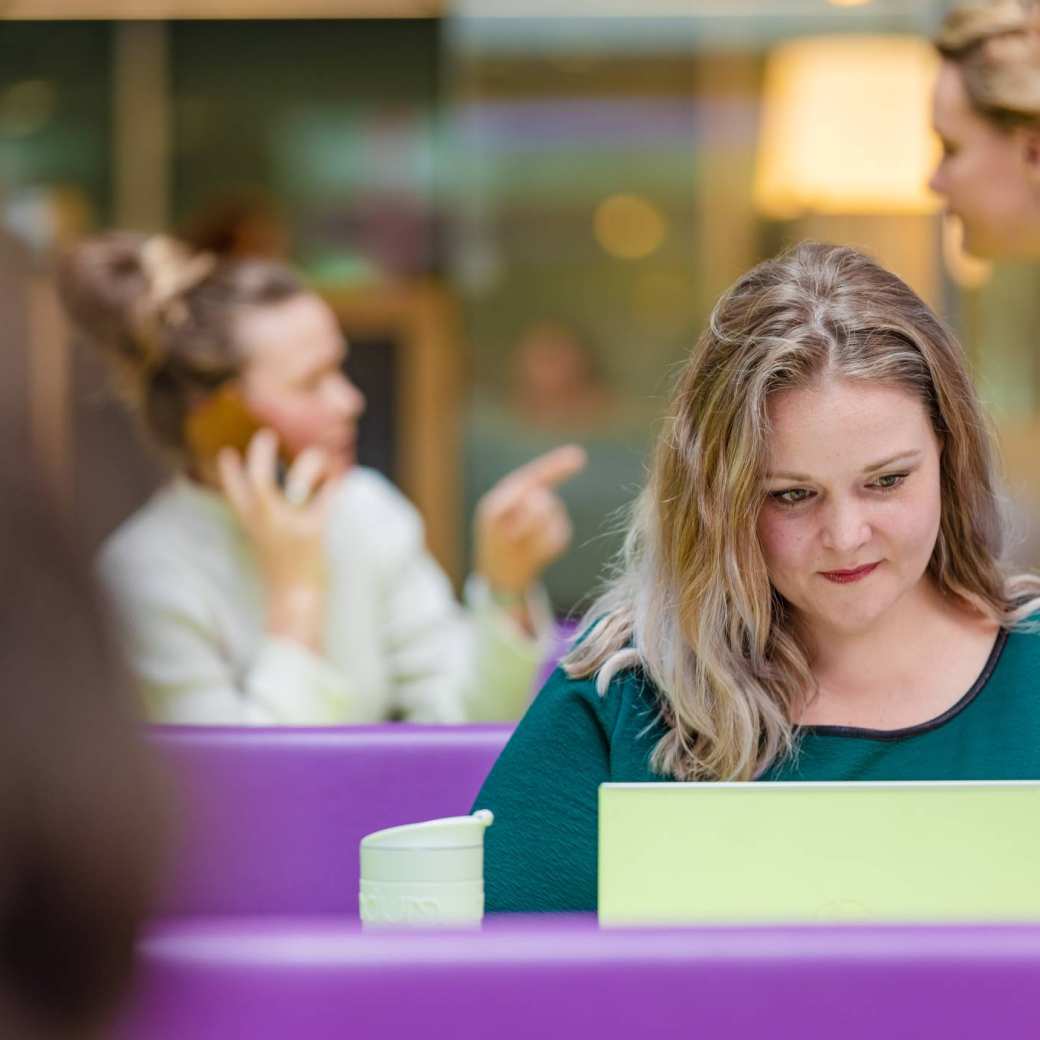
The master in numbers
Academic calendar, grading and credits
Research
Research is a key feature of the Molecular Life Sciences program. In fact, one of your modules is entirely devoted to research and R&D skills. Skills that come in handy in your final module, the graduation project. That’s where you plan and execute your very own product development project. The program is also connected to HAN BioCentre. This center provides applied research within the whole biobased innovation chain. From discovery through analysis, to production and application of (new) biomolecules.
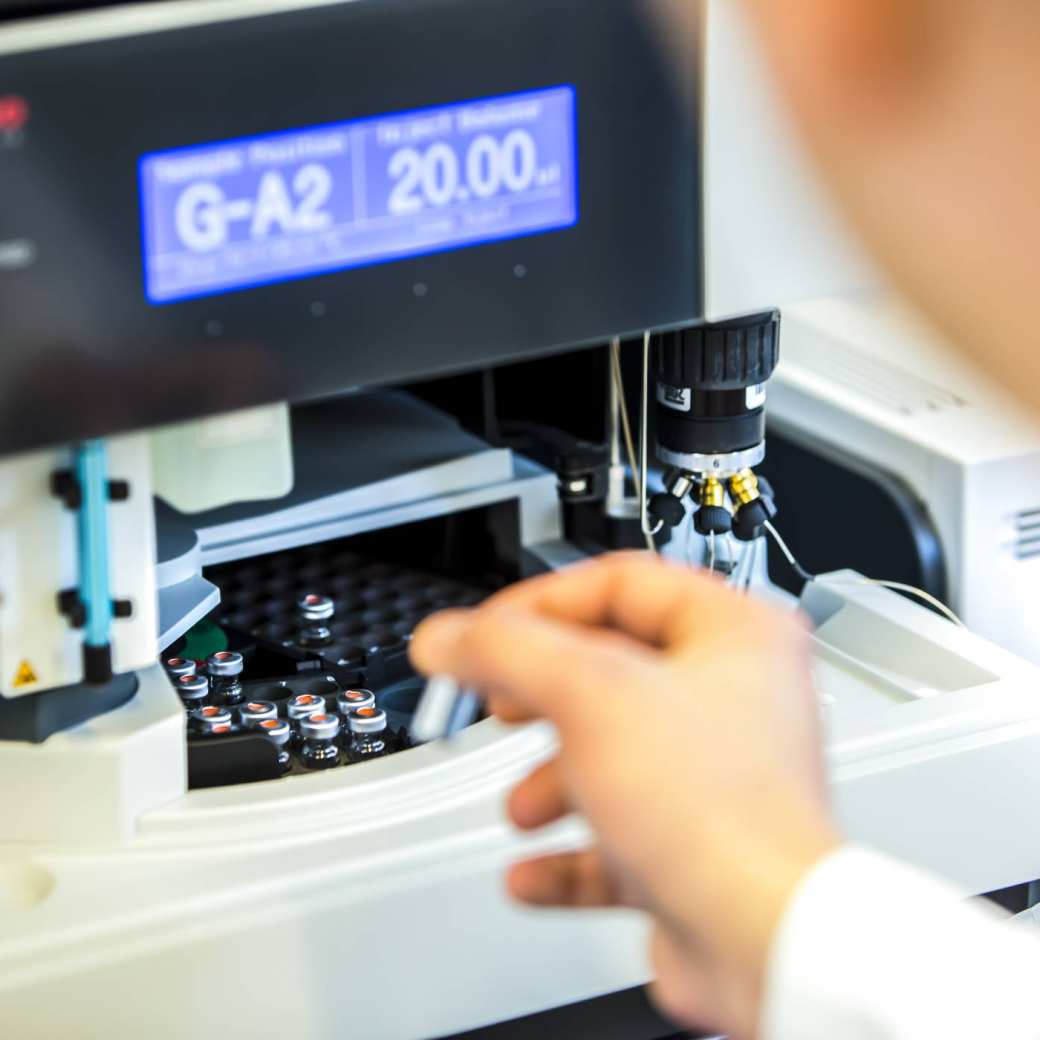
Project management
Your research skills are complemented by skills in managing projects. You learn to systematically design and plan your project, analyse the risks and get the tools to control the execution of your project. This way, your R&D projects are effective and efficient!
Real projects
-
Detecting contaminants at individual protein level
Wendy Pluk is a research scientist at Synthon and a student of the part-time Master in Molecular Life Sciences program. “My graduation project is about protein contaminants in a therapeutic antibody that we produce.”
Keep on developing
Sven van der Kooi
“I already had a lot of responsibility in my job as a research technician. Even so, I learned a lot from this Master program. The theoretical deepening has given me new insights in my field. I now have a better overview, and in new situations I can fall back on a solid theoretical background. The project management course and work I carried out on my soft skills were valuable additions for me. I got what I expected from the program: it empowered me to move into a wider area. I’ve since moved on to a new challenge and am now a production specialist at MSD Animal Health.”
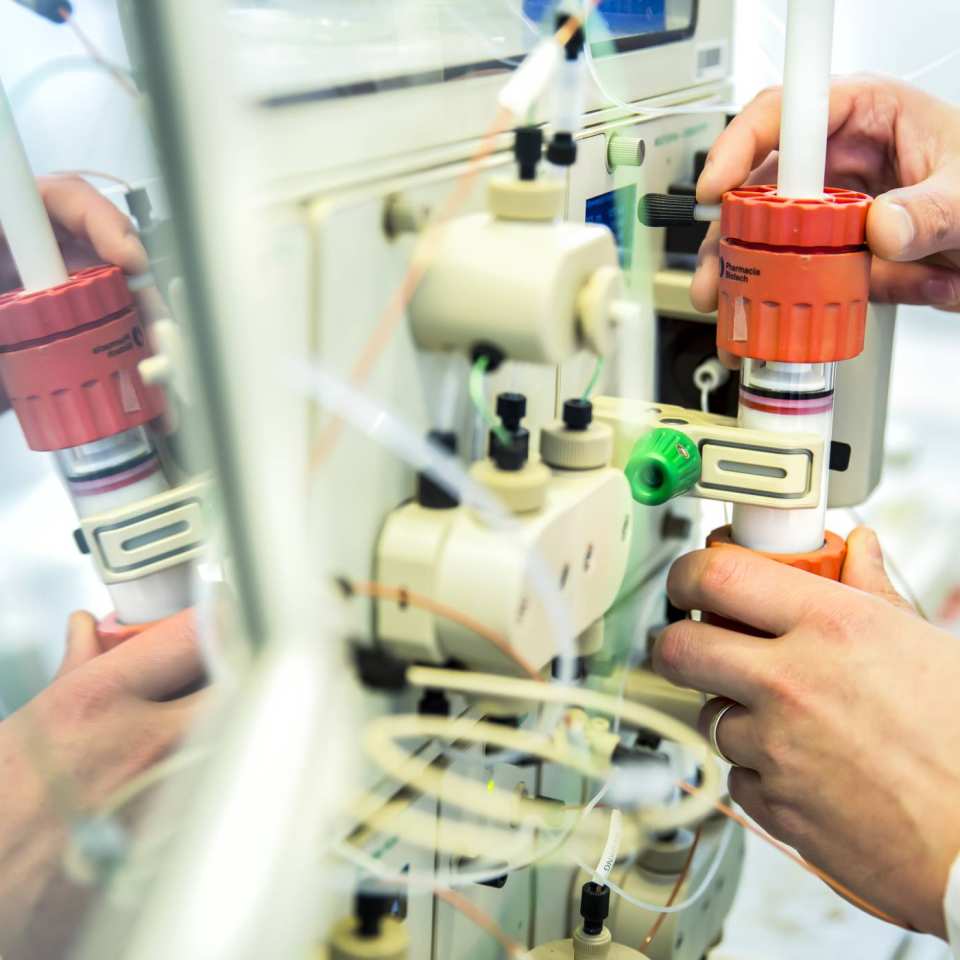
A good fit?
Does your background fit this program? See whether you’re eligible for any program exemptions for subjects you might have covered in your previous education. Arrange a personal meeting to discover more.
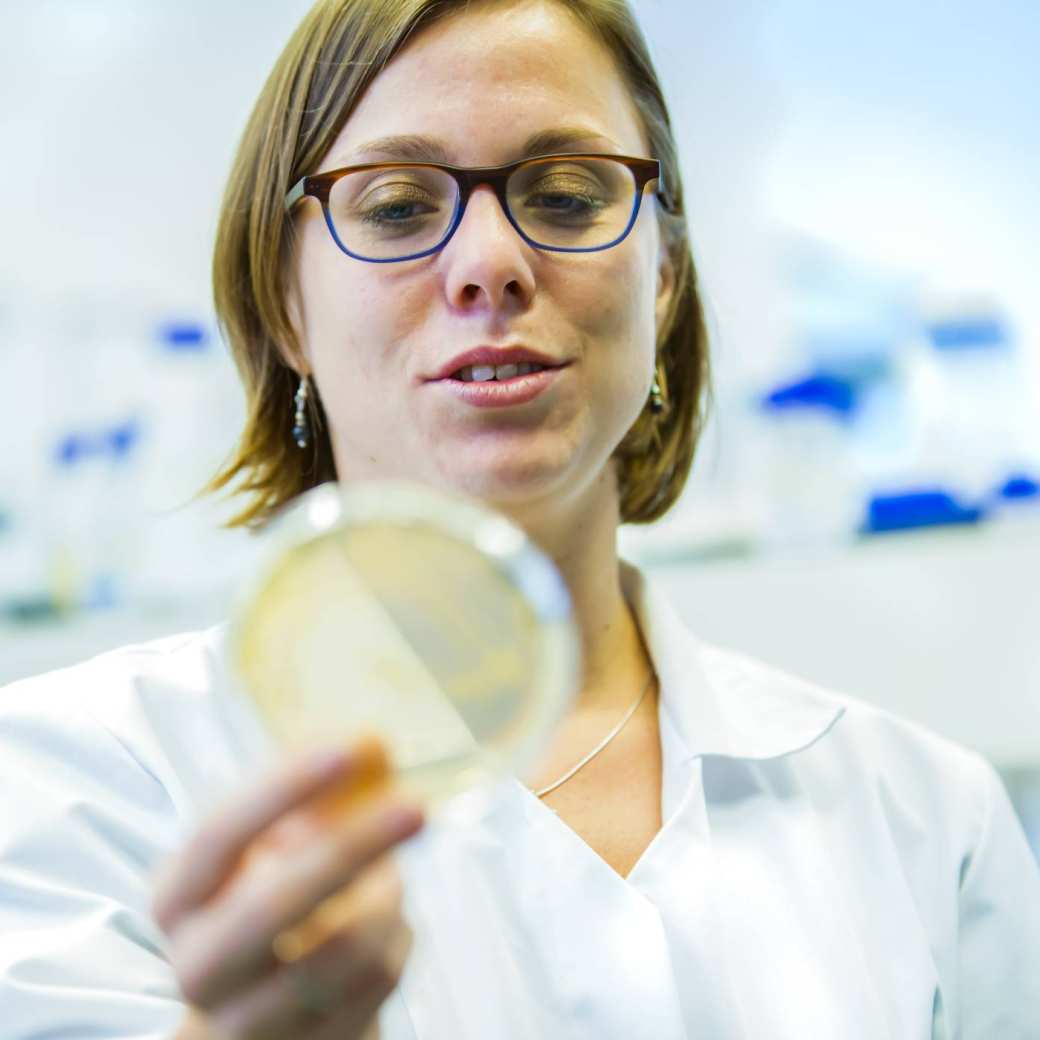
Master title and accreditation
Admission & finances
All you need to know about admission requirements, tuition fees and the application process.
